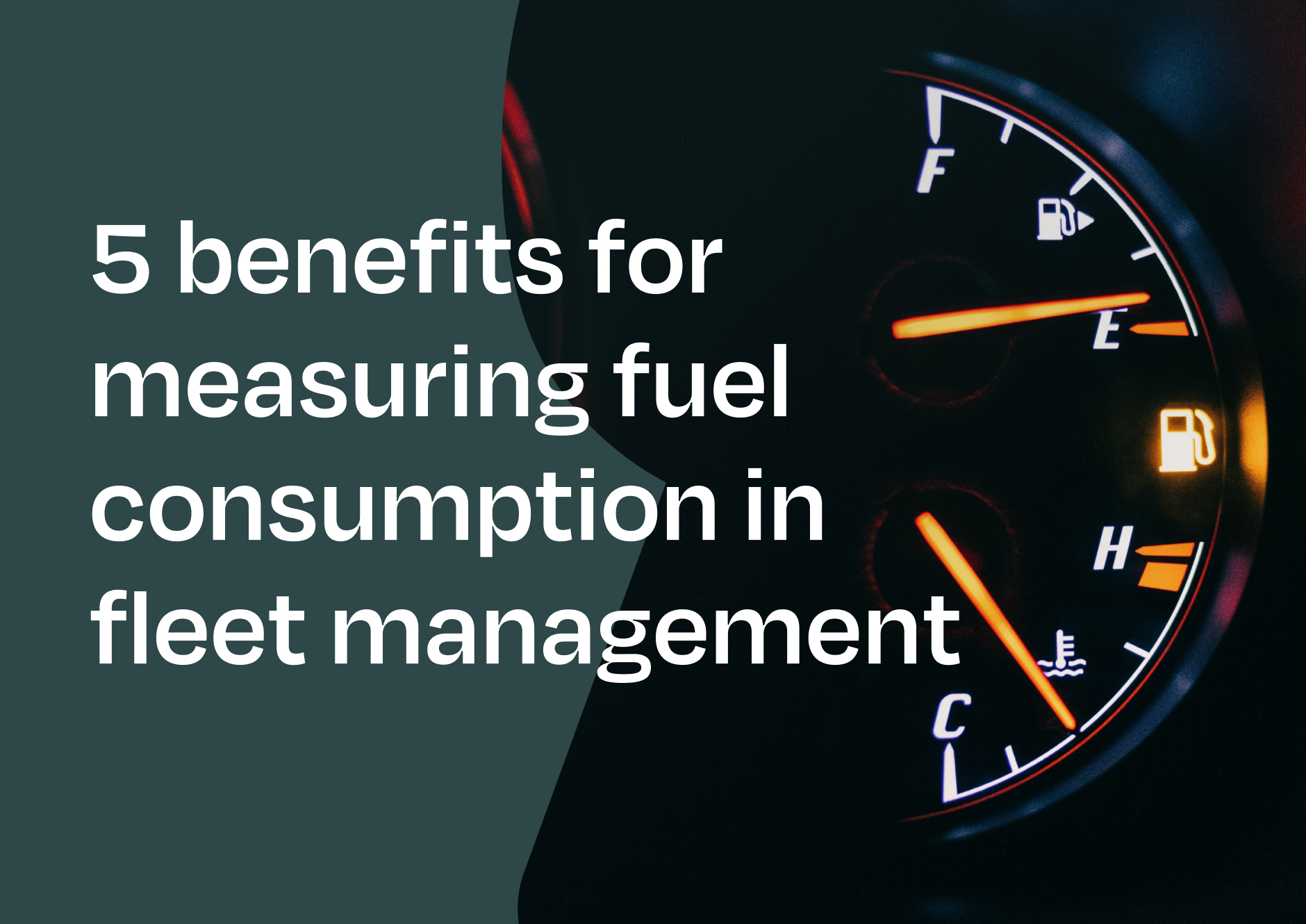


For corporate fleets, fuel is one of the largest expenses. Taking action to reduce fuel consumption is therefore a key goal for many fleet operators. Yet helping to tackle costs is not the only reason for fleets to measure fuel consumption. Here are five significant benefits for fleets.
This is possibly the most common reason for measuring fuel consumption. Globally, fuel costs remain high, and for large fleets, any fuel cost saving is likely to make a big difference. With insights into their fuel spending, fleets can better understand usage and take steps to optimise fuel use.
If you can’t measure something, you can’t manage it. Without measuring fuel use, fleet operators have no benchmark to aim for, no way of knowing which vehicles/drivers consume the most fuel, and no indicator of the factors that might contribute to unnecessarily high fuel use. Having a solution in place to measure fuel consumption is the starting point for any next steps.
Insights into fuel consumption across a fleet enable managers to identify drivers with the most and least eco-friendly behaviours. This enables targeted training in eco-driving, for example in areas such as smooth acceleration and braking, improved focus, maintaining a steady speed, looking well ahead, etc. Providing training to drivers that need it most is a cost-effective way to influence change and help reduce unnecessary fuel use.
Sustainability is a growing concern for fleets. And, in addition to efforts to reduce climate impact, fleets – if not already – are soon likely to face reporting requirements. Any reduction in CO2 usage is good news for fleets, but this cannot be recognised if it’s not measured. By using a programme that not only measures fuel consumption and CO2 reductions, but also provides data to support CSG/ESG reporting, a fleet is in a good position to demonstrate its eco efforts.
Measuring fuel consumption and taking appropriate remedial action can impact fleet operations on a much wider level. Let’s take training in eco-driving for example. By encouraging more eco-friendly driving behaviours – such as leaving a larger following distance, which provides the driver plenty of time to stop without hitting the brakes hard – the fleet operator helps to reduce unnecessary wear and tear on the vehicle. In turn, this helps reduce maintenance costs. Additionally, eco-friendly driving behaviours help reduce crash risk and therefore unnecessary repair costs.
The FIA Smart Driving Challenge (SDC) is a worldwide challenge created by the FIA in collaboration with Greater Than to encourage everyday drivers to adopt smarter, cleaner and safer driving behaviours.
Joining the FIA SDC gives your organisation the opportunity to measure fuel consumption and to reduce CO2 emissions and the risk of crashes. It also provides company-wide reporting into safety and eco-driving regardless of vehicle type or location, so you can easily identify the drivers who are increasing your company’s risk level, and fuel consumption.
Read more about the challenge here